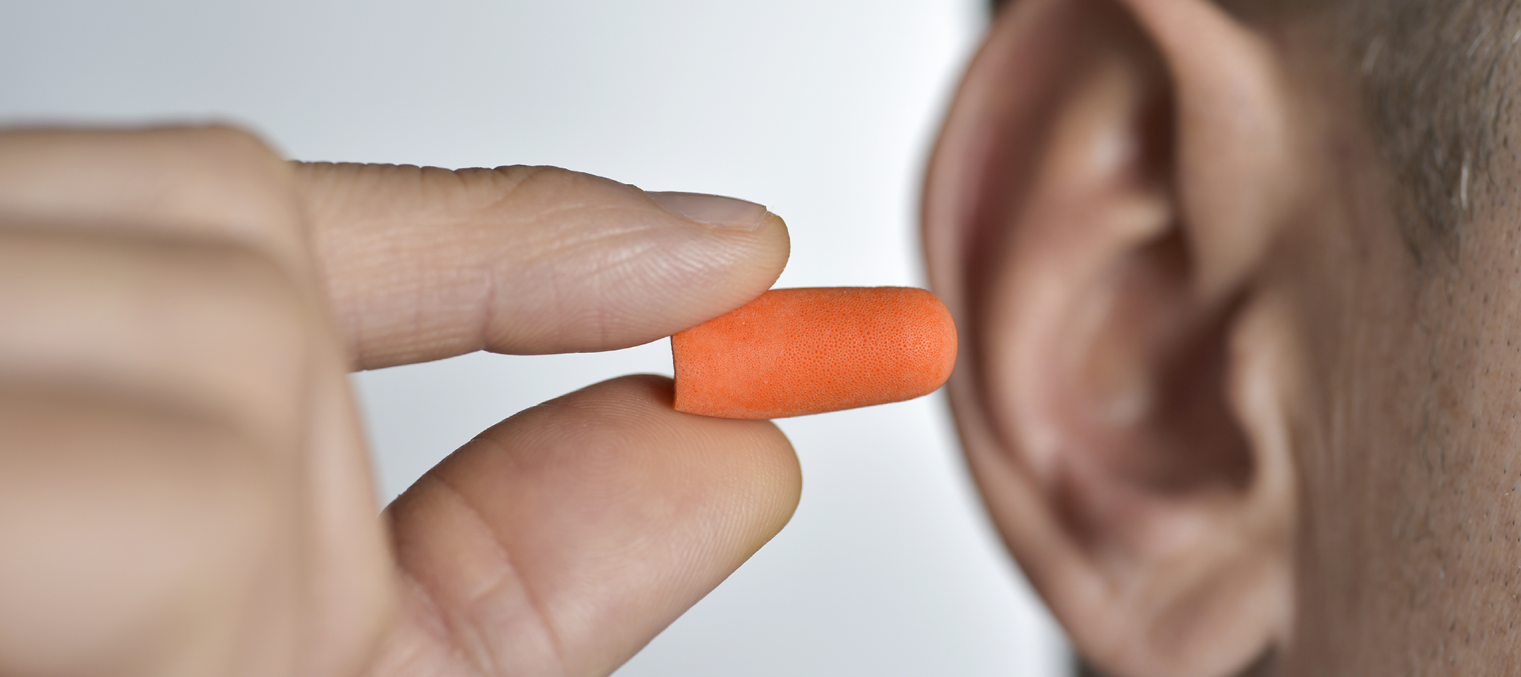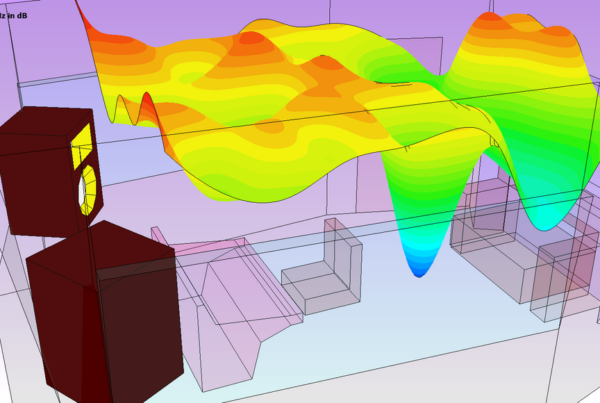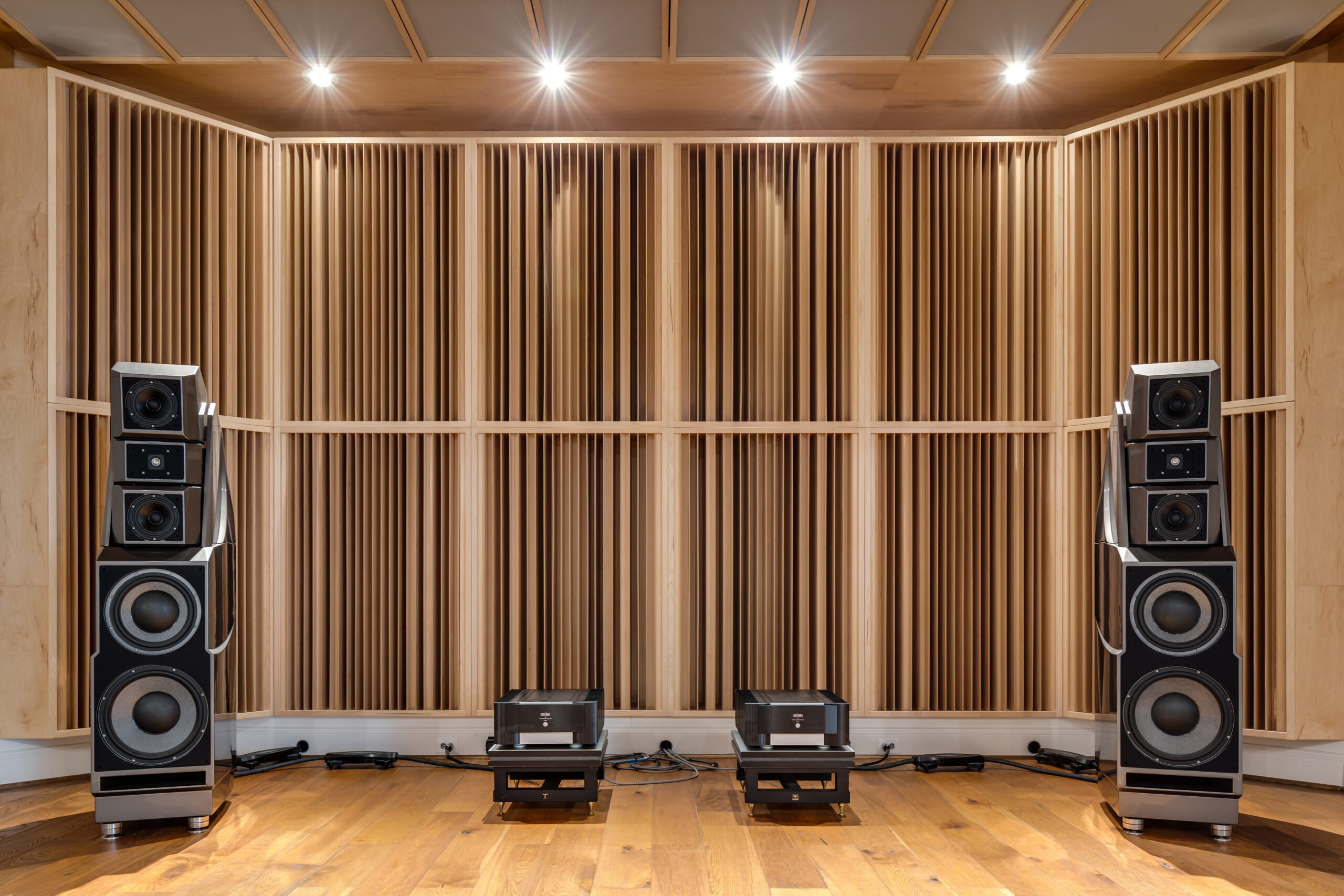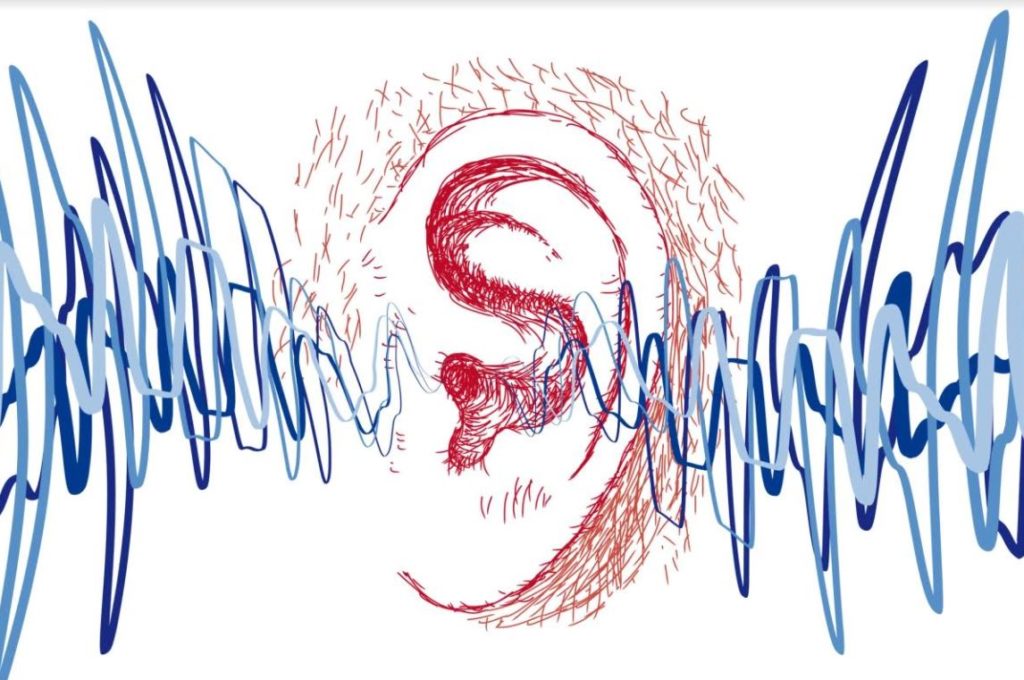
Introduction
Hearing loss is a growing concern for many people, particularly due to exposure to loud noise in environments such as concerts or airplanes. When exposed to loud noise, the delicate hair cells in the inner ear can become damaged or destroyed, leading to hearing loss. In this article, we will explore the causes of hearing loss due to loud concerts or airplane noise and the various means of protecting the ears.
Concerts and other live music events are known to be one of the main causes of hearing loss due to loud noise. The loud music at these events can reach levels of up to 120 decibels (dB), which is much louder than the recommended safe limit of 85 dB. A single concert or live music event can cause temporary hearing loss, and repeated exposure to loud noise can lead to permanent hearing loss.
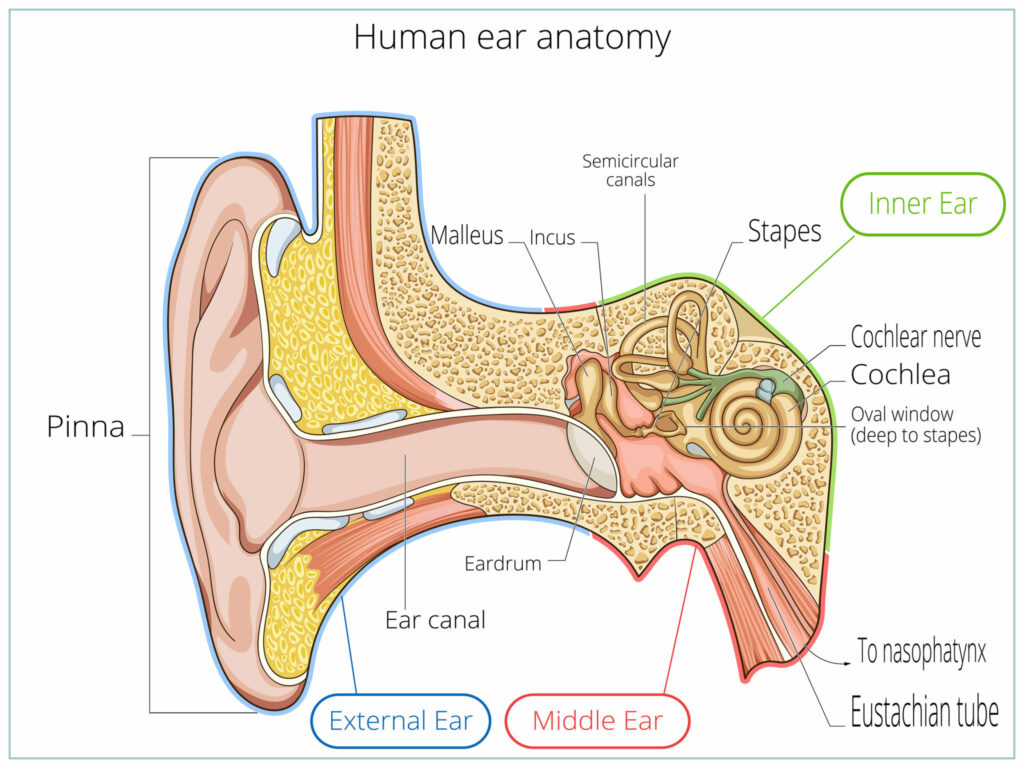
Airplane noise and hearing loss: How to protect your ears
Airplane noise is also a significant contributor to hearing loss. The loud noise generated by the engines of airplanes can reach levels of up to 110 dB, and even higher during take-off and landing. Prolonged exposure to this noise can cause hearing loss, and the enclosed environment of an airplane can make the noise even more intense.
To protect the ears from hearing loss due to loud concerts or airplane noise, there are several measures that can be taken. One of the most effective is the use of earplugs. Earplugs can reduce the sound level entering the ear by up to 30 dB, which can greatly reduce the risk of hearing loss. Custom-fit earplugs are also available, which are molded to the shape of the ear and can provide a more comfortable and secure fit.
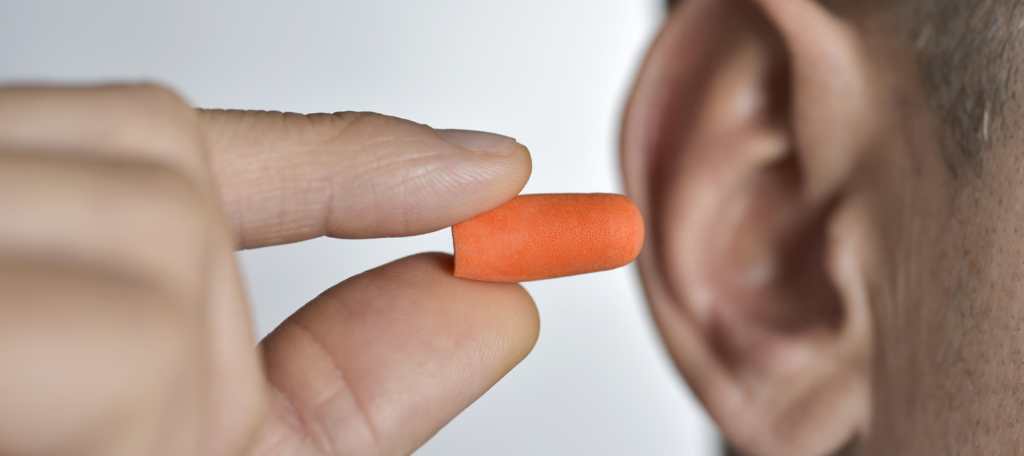
Preventing Hearing Loss: Tips for Reducing Exposure to Loud Environments
Another means of protecting the ears is to limit the amount of time spent in loud environments. This can include taking breaks from the noise, or avoiding loud concerts or airplane travel altogether.
It is also important to be aware of the volume of the music or noise around you. Using noise-cancelling headphones or earbuds can help reduce the volume, and keeping the volume of personal devices at a moderate level can also help reduce the risk of hearing loss.
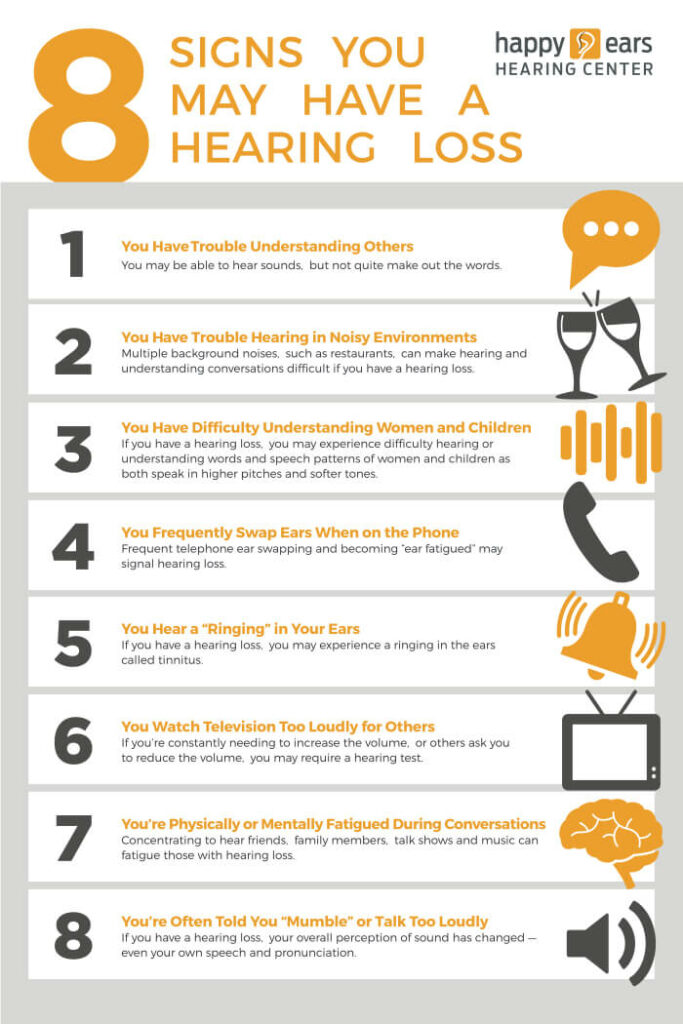
Summary
In conclusion, hearing loss due to loud concerts or airplane noise is a growing concern for many people. The loud noise generated by these environments can cause permanent damage to the hair cells in the inner ear, leading to hearing loss. To protect the ears from hearing loss, it is important to use earplugs, limit the amount of time spent in loud environments, be aware of the volume of the music or noise around you, and use noise-canceling headphones or earbuds.
It is also important to pay attention to any signs of hearing loss, such as difficulty hearing in noisy environments, ringing in the ears, or difficulty understanding speech, and seek professional advice if necessary. At Acoustic Fields, we can assist you with any noise issue.


